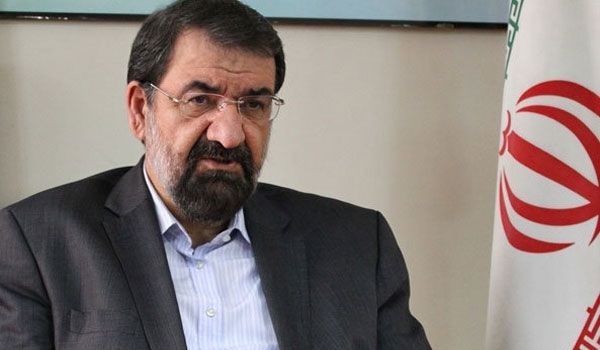
RNA - "We have turned into such a power that other countries' refusal to supply (military) equipment would not undermine this power," Rezayee said in an interview with the state-run TV on Sunday night.
Noting that the Iran-made missiles are now capable of hitting targets 2,000km far away with a margin error of 2m to 5m, he said, "We build our advanced missiles at the expense of one-tenth of the costs incurred in the past."
Rezayee also stressed the necessity for producing state-of-the-art weapons, and said, "When the enemy is building new arms every day, we should also increase our defense power."
In relevant remarks in 2015, Iranian Defense Minister Brigadier General Hossein Dehqan underscored that the country's defense industry is self-sufficient and is not waiting for the removal of sanctions to make progress.
"The defense ministry's defense industries has been formed based on self-sufficiency and cutting dependence, and as long as the sanctions or restrictions continue, our defense industries will be able to provide the country's defense needs proportionate to the threats to the country," Dehqan said, addressing the defense ministry personnel in Tehran.
In recent years, Iran has made great achievements in its defense sector and attained self-sufficiency in producing essential military equipment and systems.
Tehran launched an arms development program during the 1980-88 Iraqi imposed war on Iran to compensate for a US weapons embargo. Since 1992, Iran has produced its own tanks, armored personnel carriers, missiles and fighter planes.
Yet, Iranian officials have always stressed that the country's military and arms programs serve defensive purposes and should not be perceived as a threat to any other country.
111/847/C